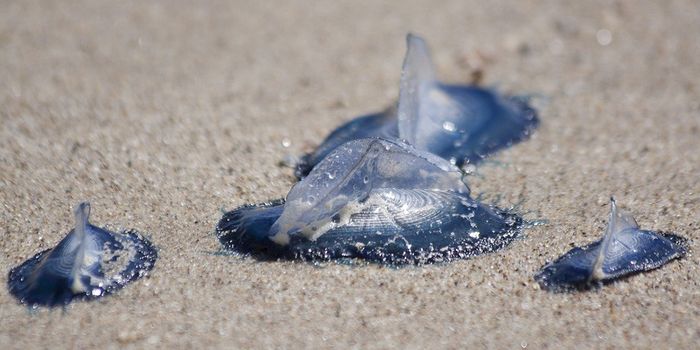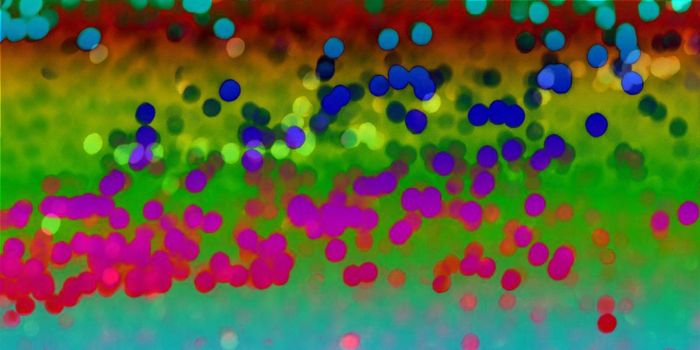HOW CRISPR CHANGES RESEARCH
CRISPR is a revolutionary gene-editing technique that allows scientists to accurately and effectively target regions of the genome with the ability to activity or modify genes. "It's going to change the whole of science and consequently a great deal of medicine as well," said University of Manchester zoologist Matthew Cobb. The technique allows researchers to manipulate organisms in a very precise way that was not previously possible. Plus, those organisms won't be limited by the usual animal models such as rats and flies. Researchers can study other organisms that are rarely studied in the laboratory using CRISPR, Cobb explains.
USING CRISPR TO CURE DISEASE
Cobb expects the gene-editing technique will be used to create somatic mutations. Somatic cell gene therapy differs from germ line gene therapy in that manipulation of the somatic line changes the genes in just one person. Germline gene therapy involves changing the genes of a man's sperm or woman's egg. An example of making a somatic mutation would be to use CRISPR to remove HIV from the T cells within blood. CRISPR has the potential to cure certain diseases, in particular, those involving the blood that are difficult to cure on a technical level. "I have no particular problem with that as long as the procedures are safe," Cobb said.
CRISPR BABIES
Ethical and technical problems arise when discussing creating a CRISPR baby. A CRISPR baby is a child that has had its genes affected by CRISPR manipulation. There are worries about the unknown consequences the manipulation could have on future generations. In addition, what would happen if we then attempt to produce intelligent beautiful super babies? "There's the threat of eugenics, of deliberate manipulation, not to correct something but to make something apparently better," Cobb explains.
Eugenics risks the loss of genetic diversity by labeling traits as diseases. The traits could be both neurological and physical. The loss of genetic diversity could lead to a loss of different viewpoints. Many of the most scientific and creative minds are not considered "normal," and the genetic deletion of perceived abnormalities could hinder such unique individuals from being born in the future.








